pro·bate (prōˌbāt) n. the official proving of a will.
What is probate?
When a person dies, his or her estate must go through probate, which is a legal process administered by a probate court. The Orlando probate process includes validating the Last Will and Testament, gathering the decedent's assets, paying off creditors and necessary taxes, and distributing property to beneficiaries. The probate court will determine whether the Last Will is proved valid or invalid. One important aspect of probate is that the procedures are governed by state law which means if the decedent was not a Florida resident but owned property in Florida, a probate may still be required to be opened in Florida in addition to the probate filed in the decedent’s home state.
If your loved one does not leave a Last Will and Testament or the existing Will is determined invalid by the court, then his or her assets will be distributed according to the Florida laws of intestate succession.
Helping you navigate the court process after the death of a loved one.
Honest Approach.
Clear Strategies.
Smart Advice.
Orlando PROBATE ATTORNEY PAULA FERREIRA MONTOYA
Orlando probate legal issues can be expensive and the process may take months to years to resolve if not started properly. After the death of a loved one, in order to minimize a lengthy process, potential conflict between family members and ensure your rights are protected, choose an experienced and compassionate Orlando probate attorney to represent you and your family with an honest approach, clear strategies and smart advice. Attorney Paula Ferreira Montoya is able to consult with clients in English, Portuguese or Spanish.
AVOID PROBATE THROUGH Orlando ESTATE PLANNING
Orlando Estate planning is one of the most important steps you will take to make sure that your final wishes are honored upon death or in the event of your incapacity, and that loved ones are provided for in your absence. Estate planning is often overlooked and ignored or many think it is meant only for the wealthy, but regardless of your age, or the size and complexity of your assets, an estate plan can answer many legal questions and avoid conflict between family upon your death or incapacity. An effective estate plan can avoid probate and the time and costs associated with the court process; minimize the amount of estate taxes; identify the family members and other loved ones that you wish to receive your property after your death and protect your minor children by appointing a guardian and when and how much they receive after your death. Read more about Estate Planning.


